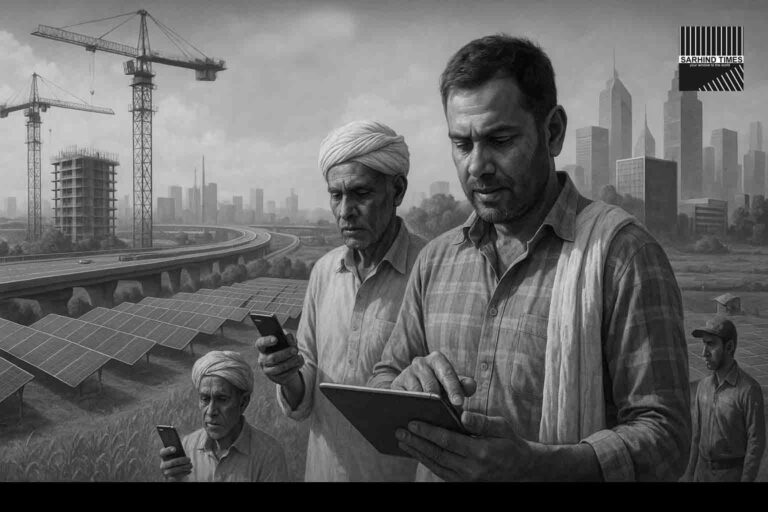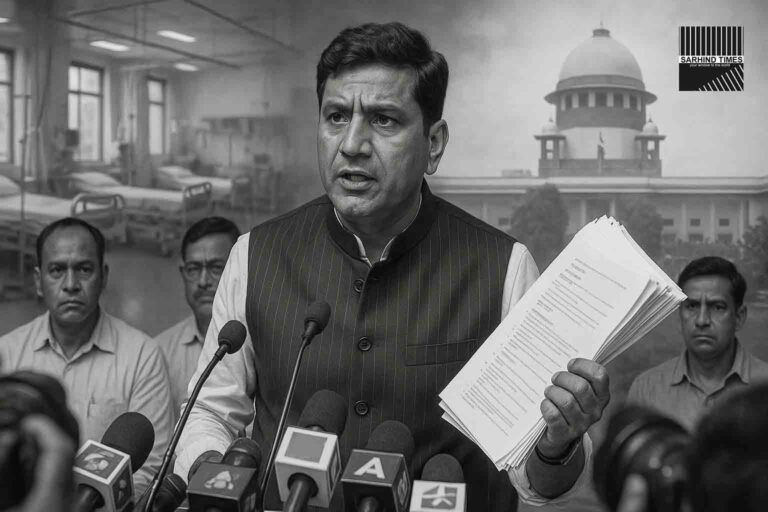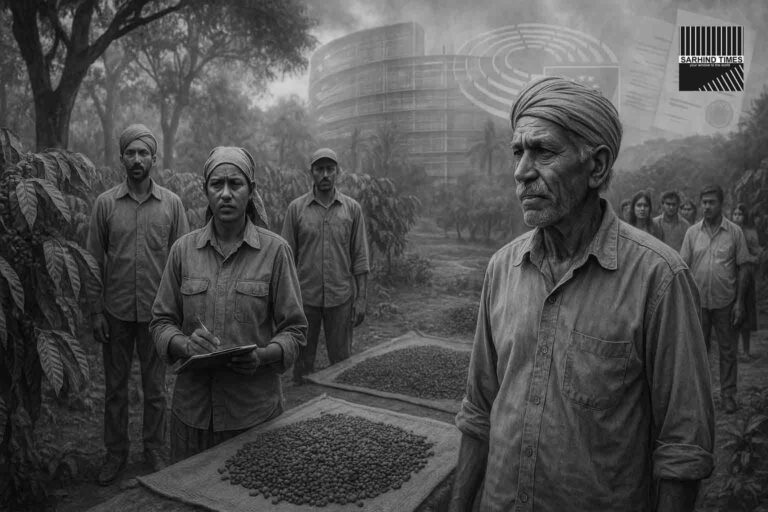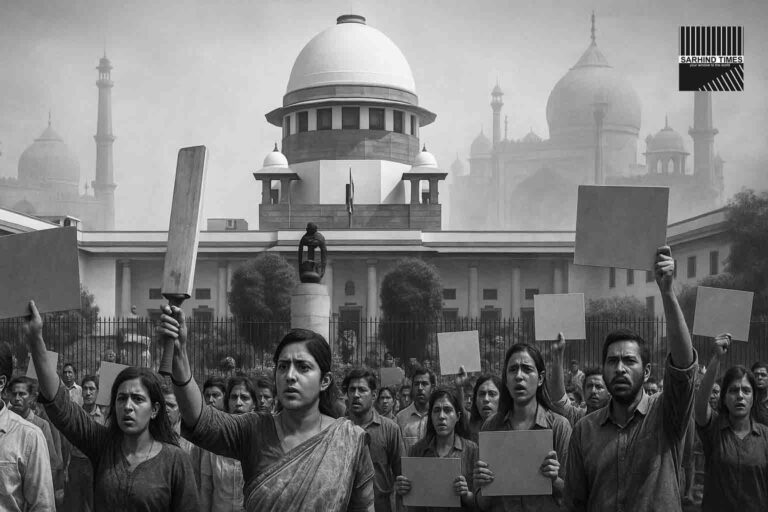The Dark Trade of Kidneys: Shadow Men Thrive Amidst Demand-Supply Gap
A new study has revealed that only 3% of the kidneys required each year are available, leaving a vast majority of patients waiting. This significant gap between demand and supply has given rise to a black market for kidneys, facilitated by intermediaries known as “shadow men.” These individuals exploit patients’ desperation and orchestrate illegal kidney transplants, often involving large sums of money.
The Demand-Supply Gap
Experts estimate that annually, there are around 220,000 calls for kidney transplants in India. Patients are usually asked to arrange kidneys from family members or acquaintances. However, only 7,000 to 11,000 patients manage to secure a kidney. Of these, 90% receive kidneys from relatives or acquaintances, while the remaining 10% get kidneys through organ donations facilitated by hospitals across the country.
The Role of Shadow Men
Due to the scarcity of available kidneys, shadow men have established a thriving business. Once they receive information about a patient’s need, they can locate a donor within a month. They then contact the relevant hospitals and offer the kidneys, often receiving direct or indirect support from diagnostic centers and hospital administrations.
Financial Transactions
The cost of securing a kidney through these illegal means can vary significantly based on the patient’s condition, urgency, and financial status. In some cases, the price can reach up to ₹50 lakh, although the average cost typically ranges between ₹2.5 lakh and ₹5 lakh.
Pre-Transplant Testing
Before a kidney transplant, blood tests are conducted to ensure compatibility and to check that the kidney will not be rejected. Shadow men usually prepare four to five potential donors to ensure a match.
DNA Testing
According to medical regulations, only family members are allowed to donate kidneys. A DNA test is conducted to confirm the relationship before proceeding with the transplant. If the donor is from outside the family, a relationship of 10 to 12 years must be established, and a committee reviews the case before approval.
Organ Donation Statistics
According to the National Organ and Tissue Transplant Organization (NOTTO), from 1995 to 2021, there were 36,640 organ transplants in India, including heart, liver, and kidney transplants. Of these, 34,094 organs were obtained from living donors, and 2,546 from deceased donors. Among the living donors, 26,565 organs came from family members, and 7,529 from outside the family. Men were the majority recipients, receiving 29,695 organs compared to 6,945 received by women.
Conclusion
The alarming gap between the demand and supply of kidneys has fostered a dangerous black market, facilitated by shadow men who exploit the system. The government and medical community must take stringent measures to address this issue and ensure a transparent and ethical process for organ transplants.
For more updates, stay tuned to Sarhind Times.






















+ There are no comments
Add yours